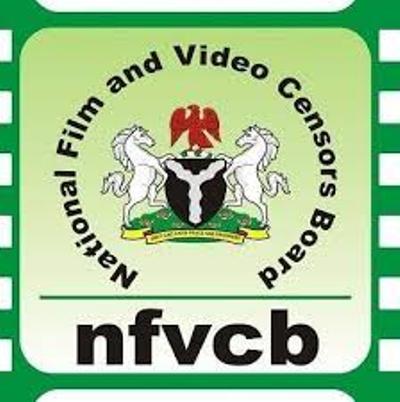
by Joshua Olomu
The National Film and Video Censors Board (NFVCB) says it received and censored 541 movies produced by the Nigerian film industry in the second quarter of the year.
Alhaji Adedayo Thomas, the Executive Director/CEO of the NFVCB made this known in a statement on Friday in Abuja.
Thomas said that the figure was made available by the department of Film Censorship and Classification of the board in its second quarter report for the year.
He said the report is for onward submission to the relevant Federal Government agency as an input for the compilation of the nation’s Gross Domestic Product (GDP) for the second quarter (Q2, 2023).
The report shows a dramatic increase in the number of movies produced from 280 in the first quarter of year to 541 in the second quarter, which represents over 90 per cent upward slope.
The board said 287 of the films came in from Abuja censorship centre of the board, representing the chunk of the movies produced during the period under review, and is followed by Lagos with 155 movies.
As indicted in the report, Onitsha censorship centre is next with 82 films, Kano centre raked in 12 films, Port Harcourt three, while Abeokuta and Kaduna centres got one film each.
“The remarkable increase in output is an indication of the increased contribution of the film industry to economic growth in terms of direct and indirect jobs in the entire value chain in filmmaking.
“ This undoubtedly reiterate the fact that our film industry remains a key contributor to national economy as the films being produced is a clear reflection of the direct and indirect jobs the sector is creating.
“Our cordial relationship with the recognized guilds/associations in the industry has also played important role, and we urge them to ensure that their members submit their films for censorship and approval.
“NFVCB as Federal Government agency is committed to providing enabling environment for filmmakers,” Thomas said.
NAN reports that NFVCB is a Federal Government agency that regulates the films and video industry in Nigeria.
The Board is empowered by law to classify all films and videos whether imported or produced locally.
It is also the duty of the Board to register all films and videos outlet across the country and to keep a register of such registered outlets among other functions.(NAN)



